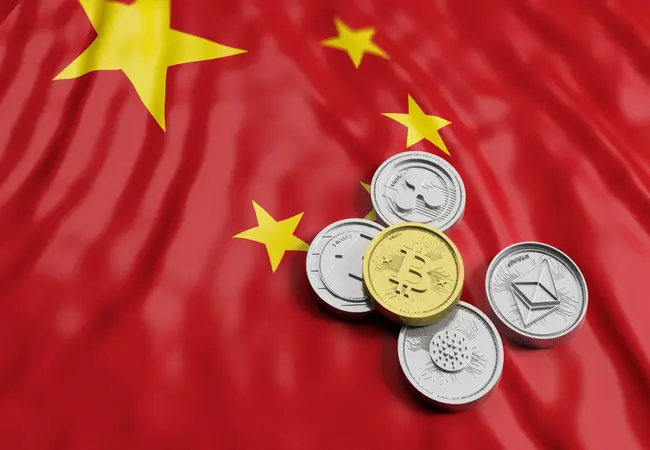Highlights:
- China is working on clear rules for handling cryptocurrency seized in criminal cases.
- Local authorities are teaming up with private firms to sell confiscated crypto overseas.
- China’s Bitcoin holdings make it the second-largest BTC holder after the United States.
China is working harder to create clear rules for dealing with the large amount of cryptocurrency it has seized from criminal cases. A lack of clear guidelines for handling seized cryptocurrency has led to “inconsistent and opaque approaches.” Some lawyers fear this could open the door to corruption, Reuters reported on April 16.
Even though crypto trading is banned in China and digital assets aren’t considered money or official property. Chinese local authorities are reportedly teaming up with private companies to sell confiscated crypto in foreign markets. The goal is to turn these assets into cash to help fund government spending, according to court and transaction documents seen by Reuters.
For example, Shenzhen-based tech company Jiafenxiang has reportedly helped sell more than 3 billion yuan ($408 million) in cryptocurrencies overseas since 2018. The firm is said to have carried out these transactions for various local governments in Jiangsu province, including Xuzhou, Hua’an, and Taizhou.
China debates how to handle criminal crypto cache https://t.co/skImimgOWd pic.twitter.com/SGV9rXtuga
— Reuters World (@ReutersWorld) April 15, 2025
These discussions are happening as crypto-related crime cases are quickly increasing. In 2023, Chinese authorities charged over 3,000 people with using crypto for money laundering. The amount of money involved in these crimes jumped ten times to 430.7 billion yuan (about $59 billion), according to blockchain security company SAFEIS.
As enforcement grows, so does the money involved. Last year, local governments collected 378 billion yuan ($51.8 billion) from fines and confiscated assets, a 65% increase since 2018.
China Becomes Second-Largest Bitcoin Holder After the US
A report from Bitcoin investment company River said that by the end of 2023, local governments in China were holding about 15,000 Bitcoins. At today’s prices, that amount of Bitcoin is worth about $1.4 billion. China’s total Bitcoin holdings are estimated at 194,000 BTC, worth nearly $16 billion. This makes China the second-largest Bitcoin holder in the world after the United States, according to Bitbo.
Even though China has banned crypto trading and mining in recent years, many people in China still use digital assets by using foreign exchanges and peer-to-peer methods. They often use VPNs or overseas platforms to make these transactions. This has made it harder to enforce the rules and has made it unclear where personal use ends and illegal activity begins.
China’s BTC Sale Plan Could Lead to Price Drop for Major Cryptocurrencies
China’s plan to sell BTC could negatively impact the prices of major cryptocurrencies. As the possibility of BTC flooding exchanges grows, investors are preparing for a potential price drop. Bitcoin is currently at $83K, after a nearly 2% decrease.
Concerns over a possible flash sale by China, along with broader macroeconomic issues, could push Bitcoin to retest the $80K level. Additionally, Trump’s 245% tariff on China has led to a wider decline in Bitcoin and other cryptocurrencies. If Chinese courts block the sale and authorities introduce a Bitcoin Reserve, a short-term price surge could be possible.
Best Crypto Exchange
- Over 90 top cryptos to trade
- Regulated by top-tier entities
- User-friendly trading app
- 30+ million users
eToro is a multi-asset investment platform. The value of your investments may go up or down. Your capital is at risk. Don’t invest unless you’re prepared to lose all the money you invest. This is a high-risk investment, and you should not expect to be protected if something goes wrong.






